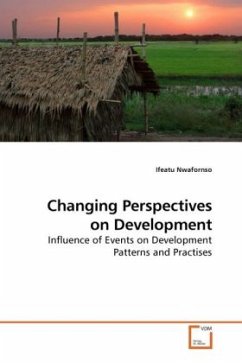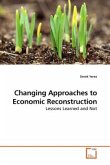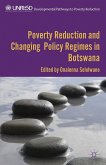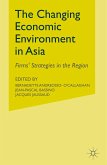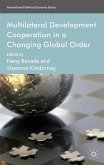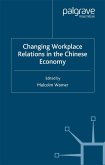Over the years a number of factors have influenced development patterns and practices. The more popular ones draw from academia and public institutions (as the World Bank). Intellectuals have formulated vital models and theories that continue to serve as reference points for policy makers in pursuit of economic development strategies. In like manner, those working in institutions have themselves proposed varied frameworks to governments and decision makers on how best to progress. However, the one factor that has perhaps had an even more profound effect on development thinking is events. The role events have played and continue to play in guiding the ideas and policies of policy makers has not been given the attention it deserves. This book, therefore, explores how a sample of key events has influenced development ideas over the past decades. It focuses on the periods ranging from the Second World War until the time of writing.
Bitte wählen Sie Ihr Anliegen aus.
Rechnungen
Retourenschein anfordern
Bestellstatus
Storno

